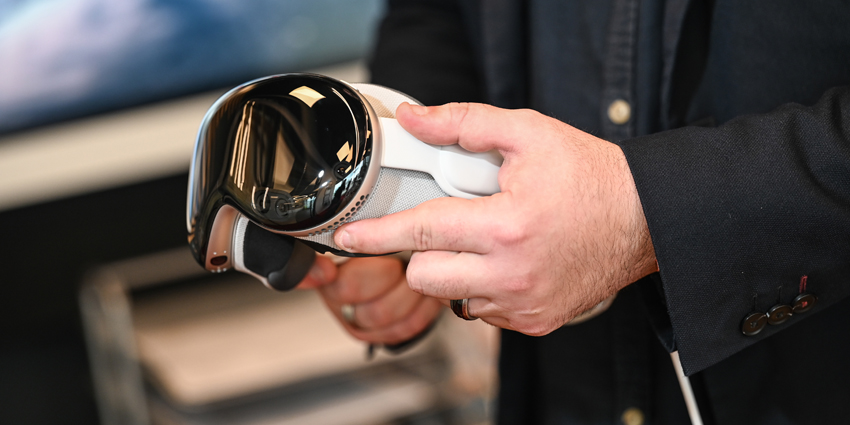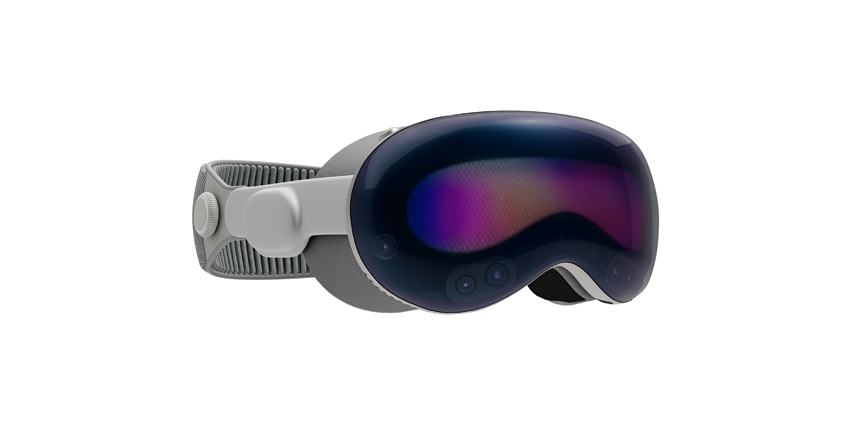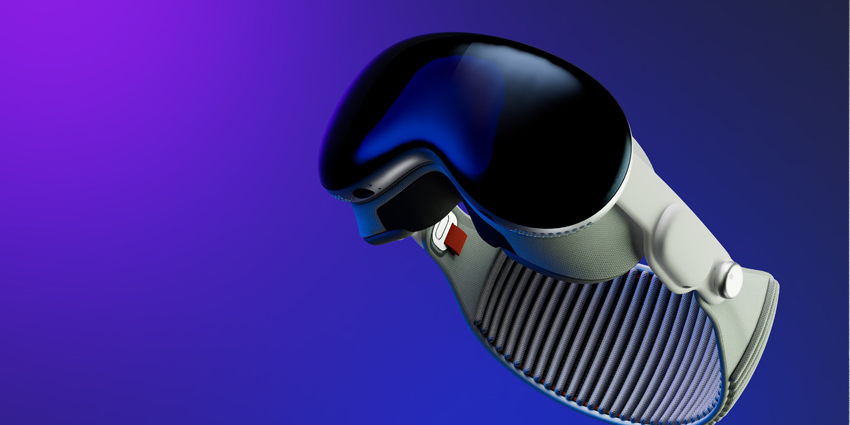Tech innovators Apple already went on record some years back, saying that AR smart glasses would soon replace smartphones – and day by day, it’s becoming easier to see why.
According to Research and Markets, the augmented reality glasses market worldwide is projected to grow by 17.1 million units by 2025, driven by a compounded growth of 109.3% – but what value does the technology offer to the enterprise?
To help explain, we’ve created a list of some top use cases for AR smart glasses in the enterprise.
Warehousing & Logistics
One of the areas where AR smart glasses have already made a considerable impact is the warehousing & logistics sector. Every day, augmented reality wearables help large-scale organizations like DHL keep up with surging demands by drastically improving worker efficiency and operational performance during the pandemic.
With features like real-time collaboration and spatial data visualization, logistics companies can use smart glasses to speed up standard processes like warehouse picking and product assembly, ensuring more orders get delivered on time. Smart glasses can also help train new employees quickly and severely cut back on the amount of time invested in non-profit-driving activities.
Building & Construction
AR smart glasses also offer immense benefits to people working in dangerous environments like building or construction sites. As well as freeing up manual workers’ hands so they can continue operating without disruption, smart glasses also help highlight any potential dangers that would otherwise go unnoticed by the naked eye.
By implementing spatial computing technology within the construction site parameters, smart glasses and AR platforms can highlight potential dangers and high-risk zones to construction site workers. Additionally, the AR glasses also provide instant access to essential data and instructions needed to complete tasks quickly and correctly.
Industrial Manufacturing
As early as 2018, Gartner predicted smart glasses would “have the most impact on the heavy industry, such as manufacturing,” and we see sufficient evidence to prove this prediction is correct.
Large industrial manufacturing powerhouses like Airbus, GE, and AGCO all use smart glasses regularly to improve operational efficiency, minimize error, enhance training and user performance, and we expect this trend to continue spreading throughout the market in the future.
Field Service
Field-service is another area where AR smart glasses and other wearables are providing immense value. In the past, fixing a complicated problem meant hiring a highly skilled professional and shipping them out to the job site. As well as incurring enormous costs for the business, this process was also highly inefficient, time-consuming, and led to massive delays.
However, with AR smart glasses, companies can now send locally sourced, low-skilled technicians to the site to resolve the problem instead. By using remote guidance platforms like ThirdEye, the high-skilled worker can see through the low-skilled worker’s eyes and guide them through each instruction step by step without ever having to leave their homes.
Education
While virtual reality is still considered the most common extended reality technology for education and enterprise training, AR smart glasses have impacted the space over the last 12 months.
In November 2020, for example, AR smart glasses developers, Vuzix announced that Newcastle University had deployed the Vuzix M400 Smart Glasses to carry out remote support among staff and academics at multiple lab sites and home offices in the research of blood cells and diseases, including COVID-19.
Alongside this remote support, Newcastle University lab technicians could also use platforms such as Zoom via the M400 Smart Glasses to deliver training across the network.
Are Smart Glasses the Future of Work?
While many businesses now regularly use AR smart glasses in their day-to-day operations, the bulk of that adoption is limited to industrial powerhouses and large-scale, multi-national organizations.
However, as the AR marketplace continues to grow and the technology eventually lowers in price, we fully expect to see smart glasses used at all levels across the enterprise world, from big business and the SMB to remote workers in home offices.







